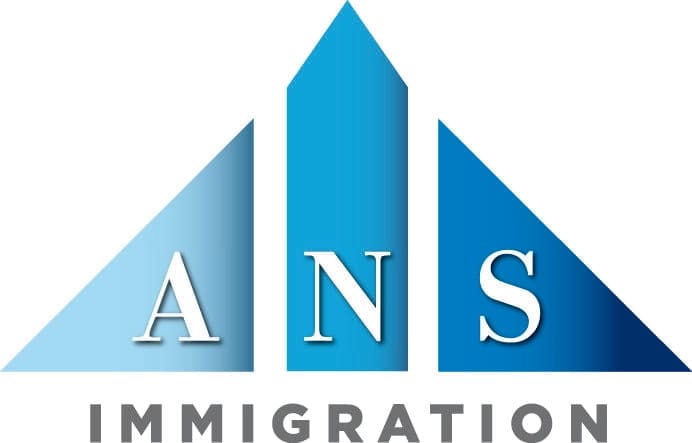The newly published immigration white paper outlines several significant proposals for future immigration legislation in the UK. Below is a summary of the proposals in full, with notable changes including a doubling of the standard settlement period under the points-based system to ten years, a reduction of the Graduate visa duration to 18 months, and a 32% rise in the Immigration Skills Charge.
A newly introduced “Temporary Shortage” occupation list will apply to roles below RQF Level 6, while the social care visa route will be discontinued. A new talent initiative, somewhat based on the “Talent Beyond Boundaries” model, is expected. English language requirements are to be heightened and will also apply to adult dependents of workers and students at the A1 level (Basic User).
Additionally, a new bereaved parent route is set to be introduced. A more detailed examination of the proposals impacting UK Work Visa Requirements, especially for students and workers, has already been released.
A noteworthy point from the Home Secretary’s foreword: “Later this Summer, we will outline further reforms to the asylum system and border security, responding to irregular and illegal migration. These will include new legislative plans expanding on measures already detailed in the Border Security, Asylum and Immigration Bill currently going through Parliament.”
She clarifies that this white paper deals solely with “legal migration,” indicating that the wave of immigration legislation seen in recent years is far from over.
Additionally, five accompanying reports have been released covering:
The Proposals Experiences of international workers and sponsoring employers using the Skilled Worker Visa UK route
- Experiences of international workers and sponsoring employers using the Skilled Worker Visa UK route.
- Experiences of international students and university sponsors using the Sponsored Study visa route.
- Earnings, employment, and tax data for individuals on Sponsored Work and Family routes (FY 2023–2024).
- Experiences of Graduate visa route holders.
- Home Office evaluation of HPI visa-holders and their dependants.
Work Reforms
- The skill threshold for workers will return to RQF Level 6 and above, with higher salary requirements under the UK Skilled Worker Visa Process.
- Immigration Skills Charge will be increased by 32%, the first such adjustment since 2017.
- New overseas applications for social care visas will be halted. However, current holders may extend or switch visas within the UK—subject to review.
- A new Labour Market Evidence Group will be formed to utilize robust data for migration-related policymaking.
- Workforce strategy requirements will be mandated for key sectors relying heavily on international recruitment.
- A Temporary Shortage List will be created to grant time-limited access to the points-based system for roles below RQF Level 6.
- Access to the immigration system will depend on long-term shortages, MAC recommendations, and employer commitment to domestic recruitment.
- Measures will be considered to restrict Sponsorship Licence UK privileges for employers who fail to invest in domestic training.
- Refugees recognized by UNHCR may be permitted to apply for employment via the Skilled Worker Visa UK route.
- Additional support will be provided for highly skilled individuals to access tailored immigration routes such as the Innovator Visa UK.
Study Reforms
- Stricter compliance standards will be enforced on institutions sponsoring international students.
- Basic Compliance Assessment (BCA) pass metrics will increase by 5%.
- A Red-Amber-Green banding system will rate BCA performance publicly.
- At-risk sponsors will undergo improvement plans and may face restrictions on new student recruitment.
- Overseas recruitment agents must enrol in the Agent Quality Framework.
- Institutions must consider local impact when planning recruitment.
- Accreditation process for Short-Term Study bodies will be reviewed.
- Graduate visa route will be shortened to 18 months.
- A possible levy on tuition income will be reviewed for reinvestment into skills.
Enforcement, Compliance, and Deportation
- Border and internal immigration controls will be strengthened to refuse entry to violators.
- New powers will improve the ability to locate, arrest, and deport individuals violating immigration or criminal laws.
- Simplified removal processes for foreign offenders will be introduced.
- Biometric Residence Permits will be replaced by eVisas.
- Measures will deter fraudulent asylum claims or those made without material changes.
- Immigration enforcement will be increased, particularly in illegal work sectors.
- Banking and tax compliance checks will be modernized.
- More reforms are expected to streamline removal procedures.
- Civil Penalties UK for non-compliance will be restructured to improve enforcement impact.
Integration and Community Cohesion
- Language proficiency requirements for Skilled Workers will increase from B1 to B2 (Independent User).
- All adult dependants must meet A1 level English and progress accordingly.
- Standard qualifying period for settlement under the points-based system will be extended to ten years.
- Accelerated pathways to settlement and citizenship will be based on contribution to UK society.
- Five-year settlement route will continue for non-UK dependants of British citizens.
- A new Bereaved Parent Route will allow immediate settlement.
- The Life in the UK test will be updated and made more accessible.
- Support pathways will be introduced for undocumented youth.
Need Legal Guidance on the Latest Immigration Changes?
At Ash Norton Solicitors, our expert immigration lawyers are ready to assist individuals, students, and employers in navigating the changing immigration landscape. From understanding visa route updates to compliance support and settlement planning — our team is here to help.
Contact us today to book a consultation and ensure your next immigration move is fully aligned with the latest UK policies.




